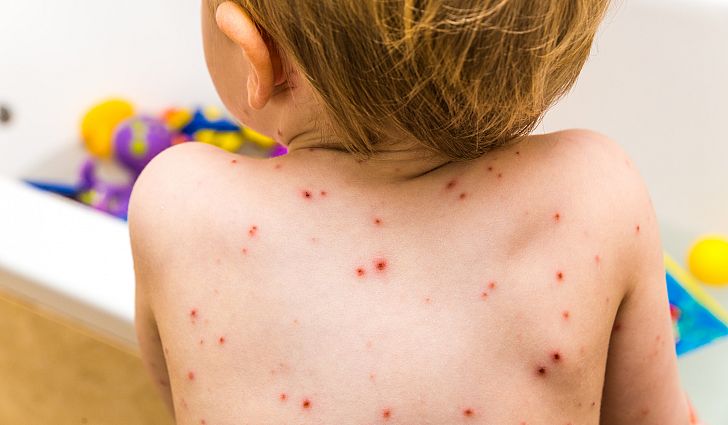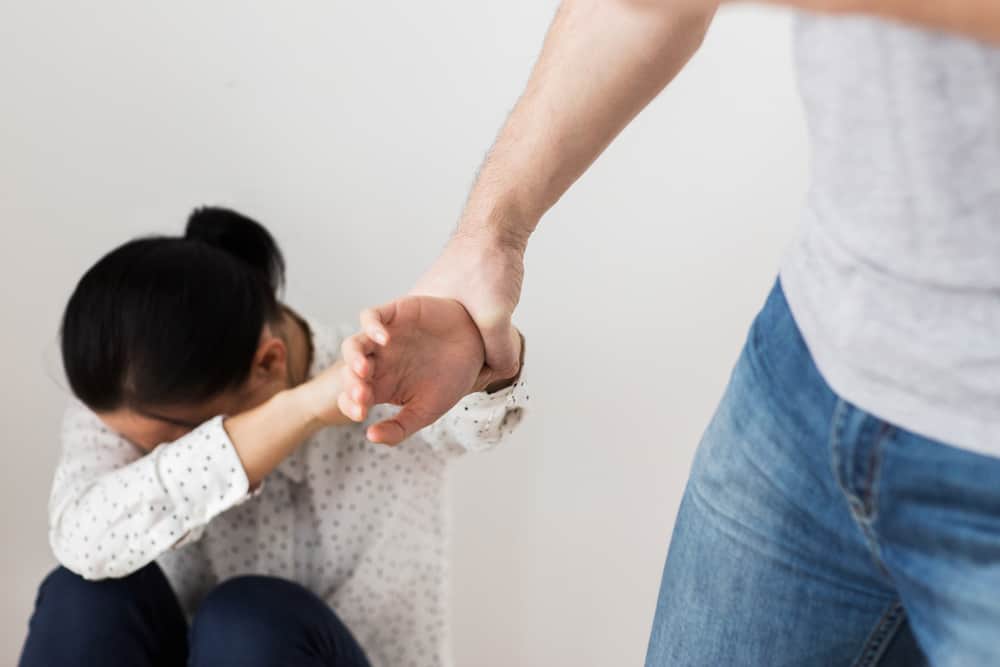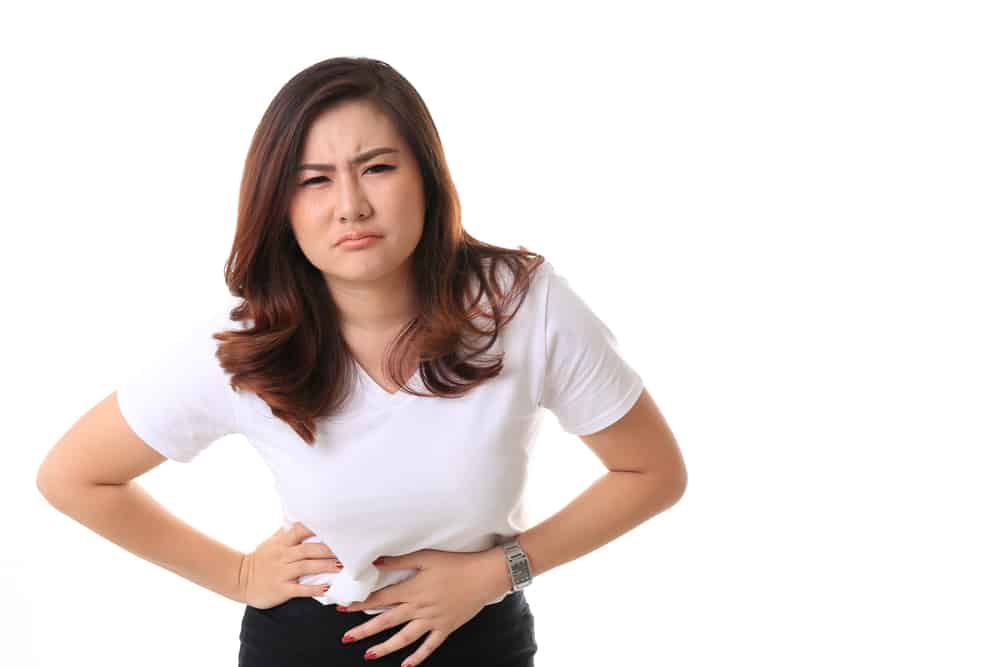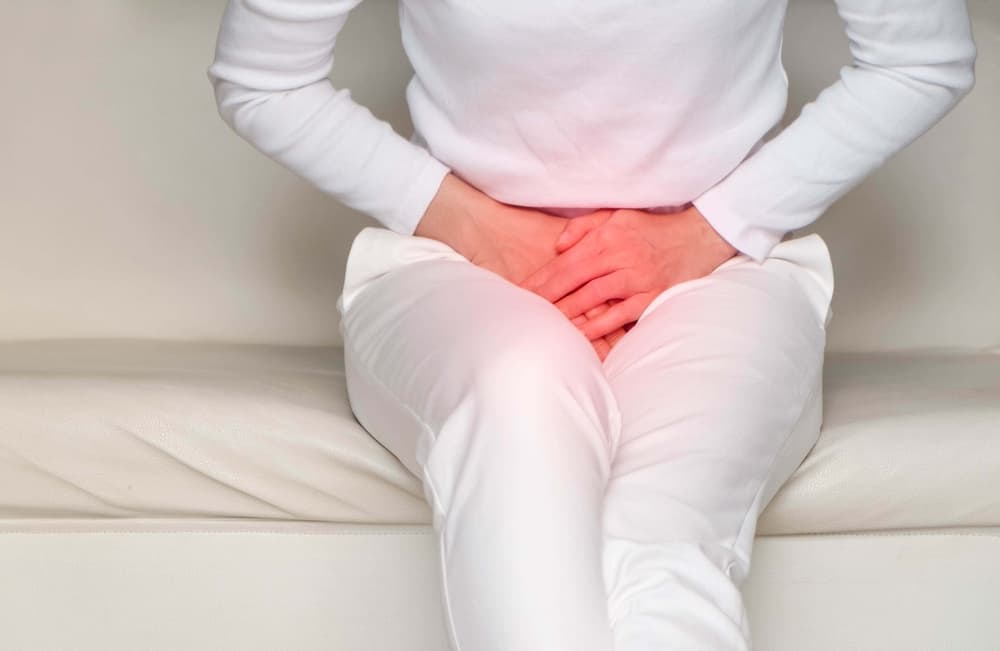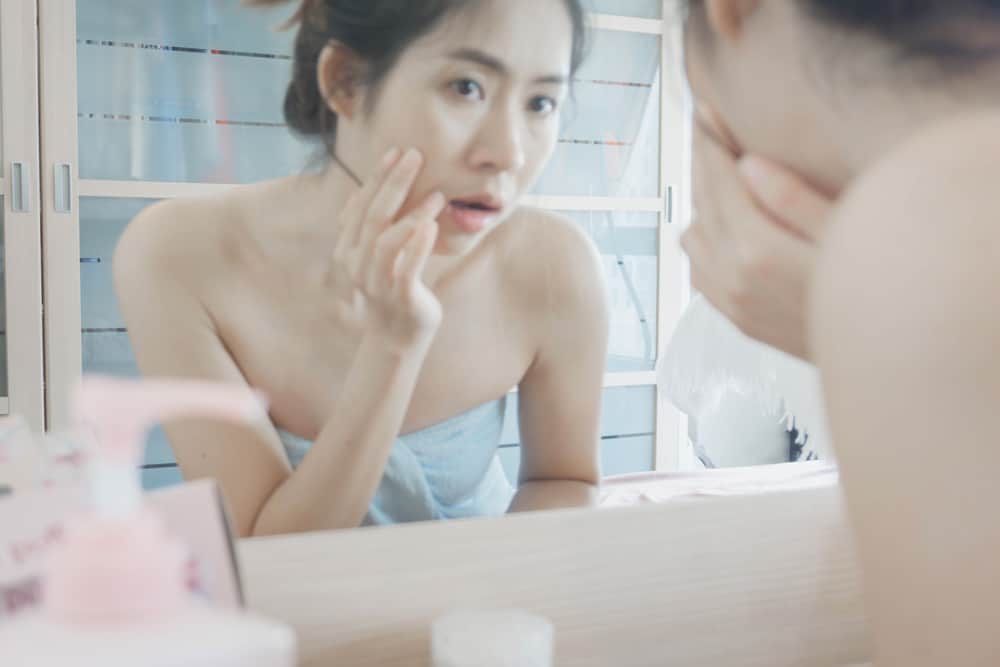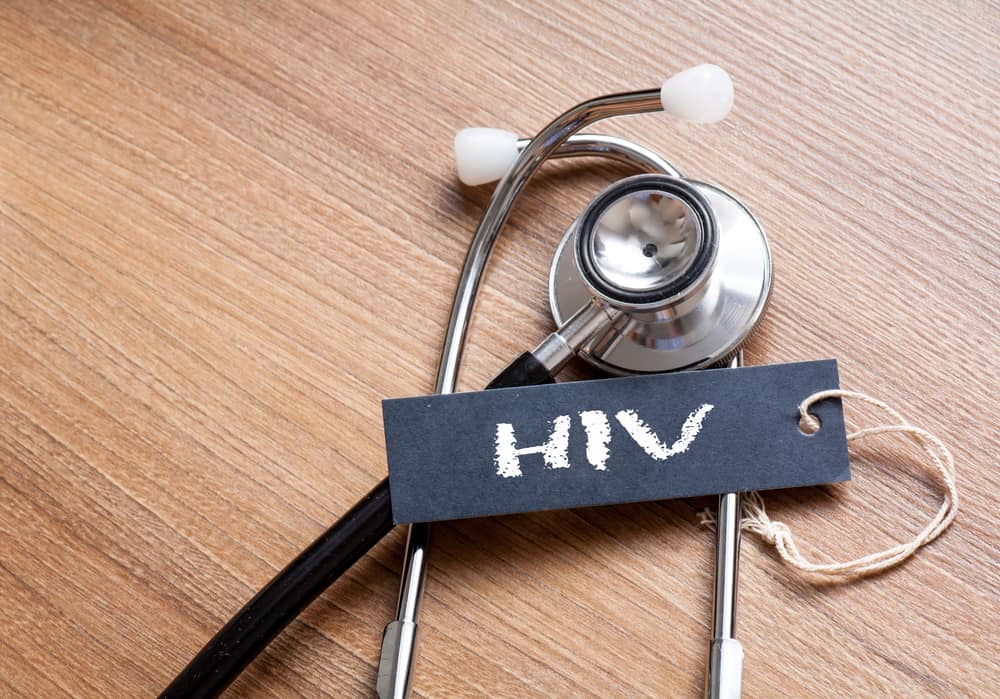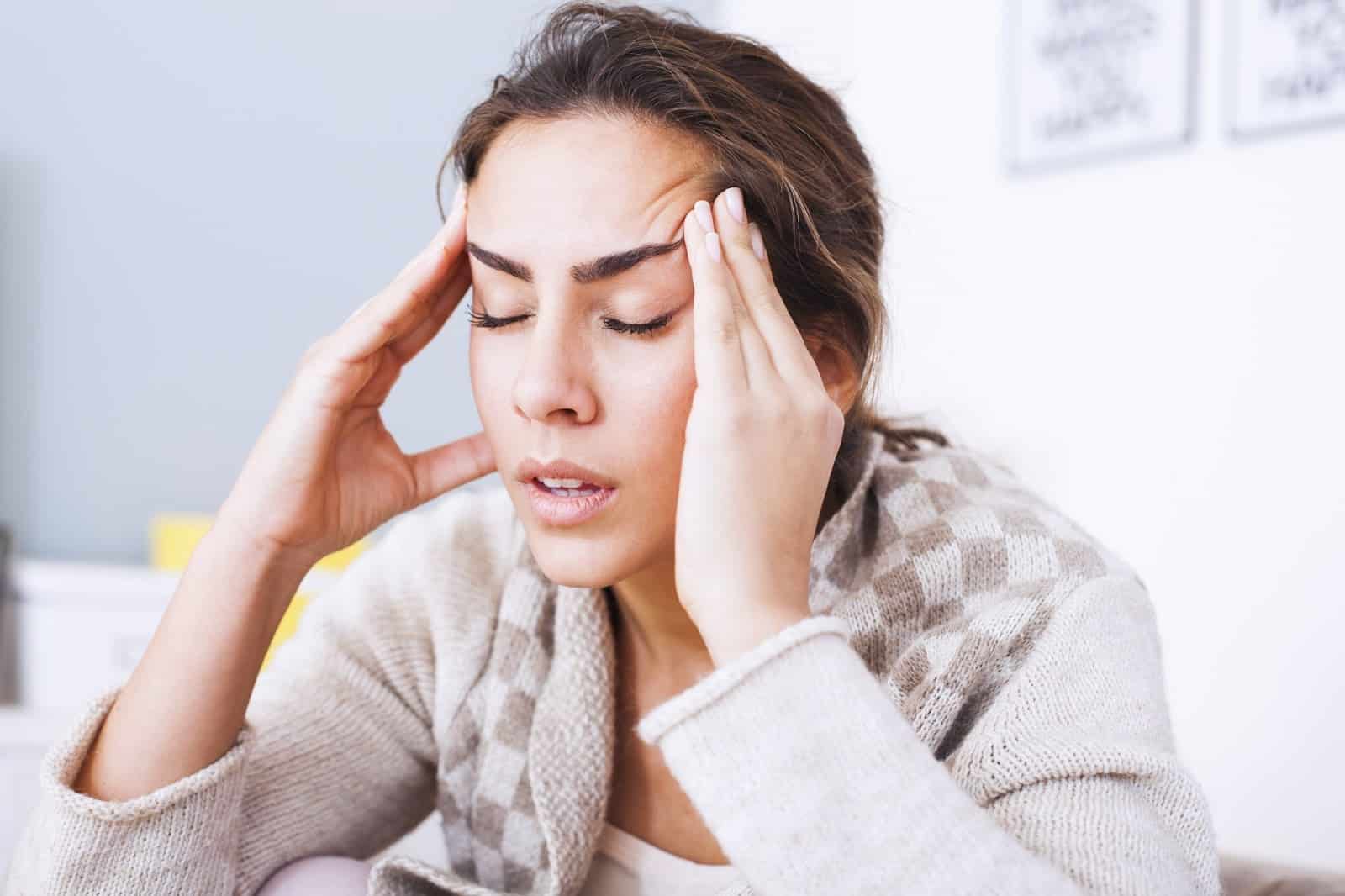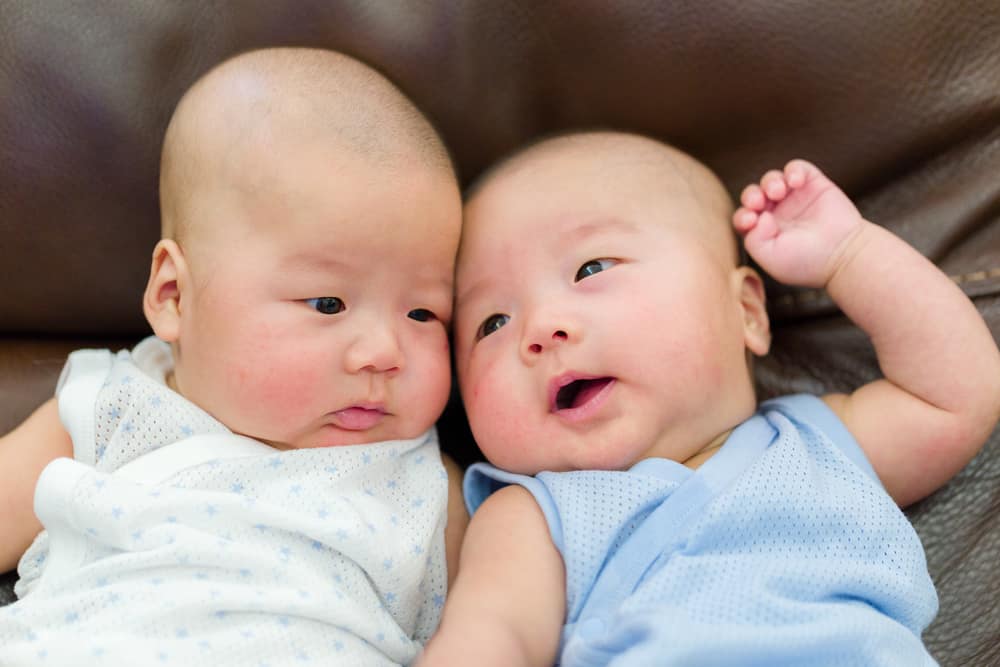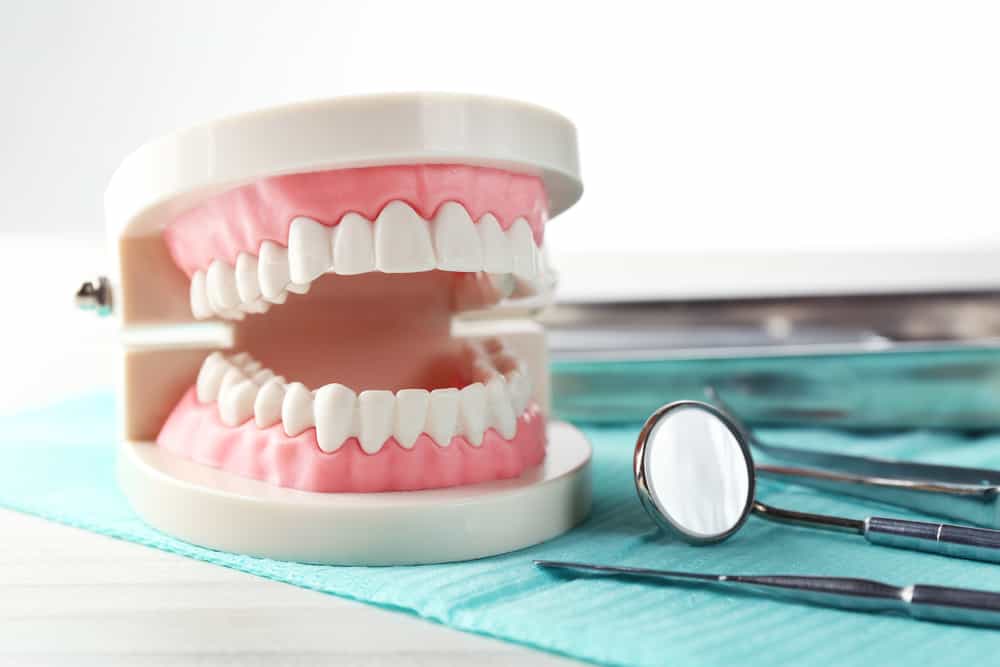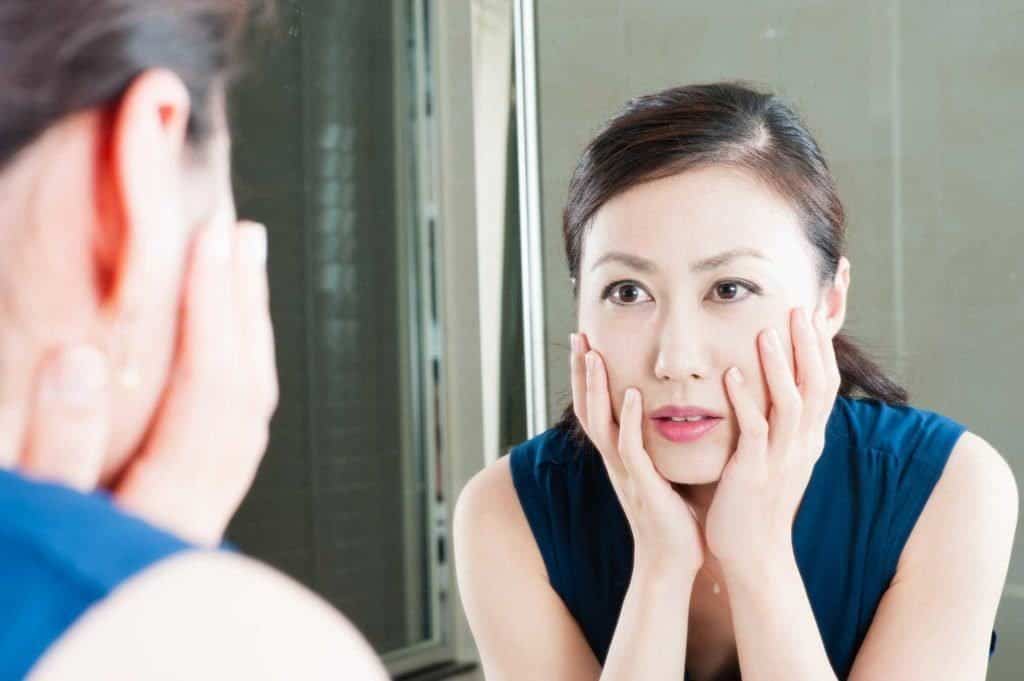Contents:
- Medical Video: Shingles
- How to treat chickenpox in children
- 1. Reduce itching
- 2. Reducing body temperature
- 3. Prevent the spread of infection
- 4. Reduces discomfort due to chickenpox
- 5. Medications to relieve pain
Medical Video: Shingles
Chickenpox is an infection caused by the varicella-zoster virus, a type of herpes virus. Most children suffer from chickenpox at one stage, usually before the age of 10 years. In this infection, the body's immune system produces proteins called antibodies that fight viruses. Therefore, most children and adults affected by chickenpox only need home care.
How to treat chickenpox in children
1. Reduce itching
Spots of chickenpox itchy, but you should not scratch it because it can cause skin infections, or scars can form after the spots heal. There are many ways to control itching such as oatmeal bathing, applying cold compresses, or using antihistamines. Parents must discuss with the pediatrician before giving medicine to the child.
2. Reducing body temperature
Fever is a normal body response to infection to kill bacteria and viruses that cause illness. Patients may only use over-the-counter drugs to reduce body temperature if the fever causes discomfort, and follow the packaging instructions carefully. Before giving medicine to a child, consult a doctor first.
Don't give aspirin to children, due to the risk of Reye's syndrome (a serious problem commonly experienced by children using Aspirin).
3. Prevent the spread of infection
Chickenpox is the most contagious disease. Most cases occur after making contact with an infected person. If your child has chickenpox, do not let him go back to school before all smallpox spots crumble, usually around 10 days after the first appearance of symptoms.
To prevent chickenpox, most people can get the chickenpox vaccine when they are young.
4. Reduces discomfort due to chickenpox
Some drugs can help patients reduce the severity of chickenpox:
- Chickenpox vaccine. If someone is exposed to the chickenpox virus and gets the vaccine in 3 days, he may not be sick, or the disease is mild.
- Immunoglobulin. Immunoglobulin injections can help prevent severe and sometimes chickenpox given to pregnant women, people with weakened immune systems and newborns who have been exposed to the chickenpox virus and have never been infected before.
5. Medications to relieve pain
After you experience symptoms of chickenpox, you can use over-the-counter medicines to help relieve discomfort such as Acetaminophen or antihistamines. Before giving medicine to children, parents must discuss with the doctor to determine the right amount for him.
However, anyone affected by chickenpox needs to see a doctor to get the right treatment at home and to prevent serious complications.
Hello Health Group does not provide medical advice, diagnosis or treatment.

